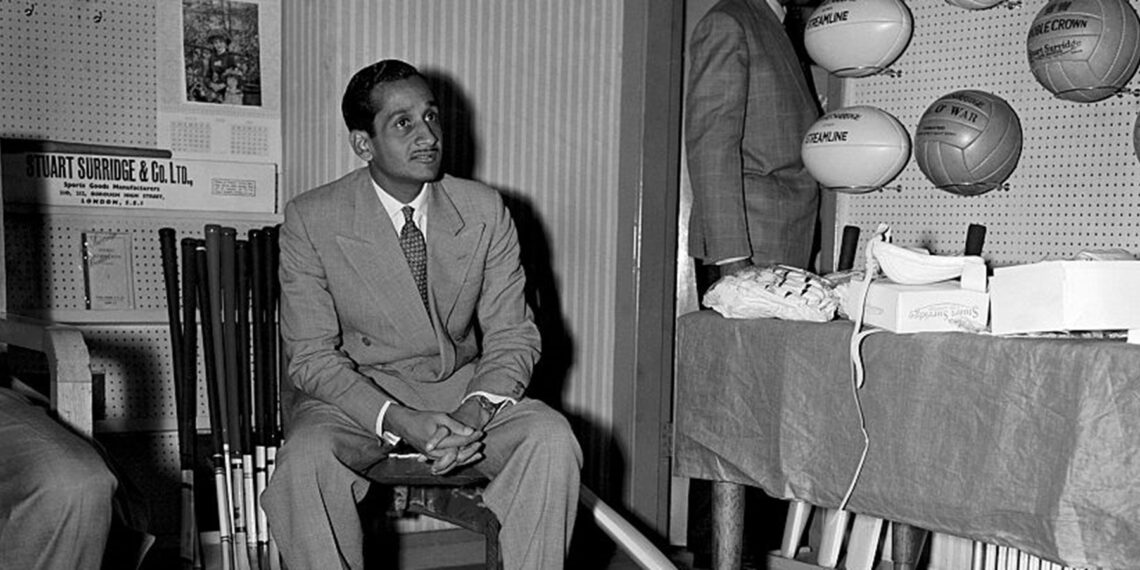India’s cricketing fraternity bids farewell to one of its venerable icons as Dattajirao Gaekwad, the nation’s oldest living Test cricketer.
Gaekwad, aged 95, succumbed to age-related ailments after a valiant battle for survival in the ICU of a Baroda hospital spanning 12 days, on Tuesday.
A stalwart of the game, Gaekwad etched his name in the annals of Indian cricket with an illustrious career spanning from 1952 to 1961.
Renowned as an accidental Indian captain who captained the national team during their 1959 tour of England, Gaekwad’s journey on the cricket field was as storied as it was significant.
Despite a modest Test career comprising 11 matches, Gaekwad’s impact transcended statistics.
His elegant cover drives, likened to strokes from the peerless Vijay Hazare, left an indelible mark on the cricketing landscape of his era.
Yet, the statistical narrative of his Test career, with an average below 20, belied the intrinsic value he brought to the Indian team during a tumultuous period.
Gaekwad’s leadership during India’s disastrous 1959 tour of England invited scrutiny, with criticisms of nepotism due to his perceived closeness to Fatehsinh Gaekwad, the Maharaja of Vadodara, and erstwhile manager of the national team.
However, his contributions to the game, both on and off the field, cannot be understated.
Christopher Martin-Jenkins, the esteemed British cricket writer, lauded Gaekwad’s cover drives as “delightfully crisp”, a testament to his exquisite batting prowess.
While his international career may have been beset by challenges, Gaekwad’s dominance in domestic cricket, particularly for Baroda, was undisputed.
His pivotal role in Baroda’s maiden Ranji Trophy triumph in 1957-58, punctuated by stellar performances against formidable opponents, underscored his mettle as a cricketer of rare talent.
Yet, Gaekwad’s achievements often played second fiddle to the towering presence of Hazare, leaving an enduring legacy of unfulfilled potential.
As the cricketing fraternity mourns the loss of one of its luminaries, Gaekwad’s legacy serves as a reminder of the enduring spirit of the game and the indomitable resolve of those who grace the field in pursuit of glory.















